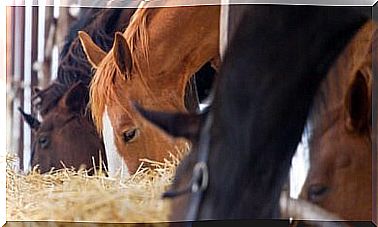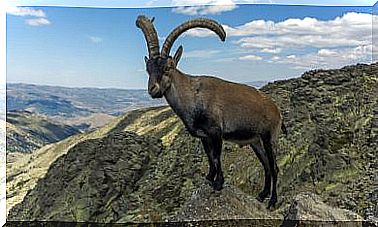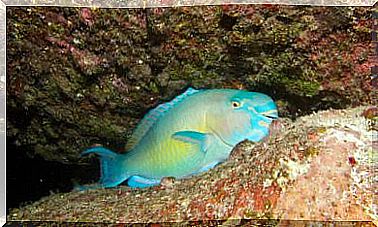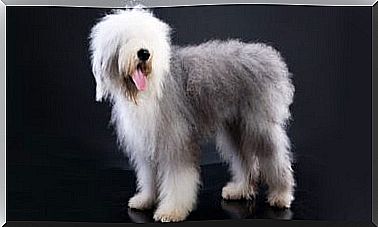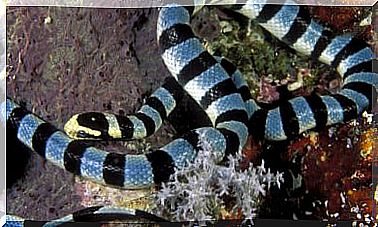Mythology Of The Cat In The Far East
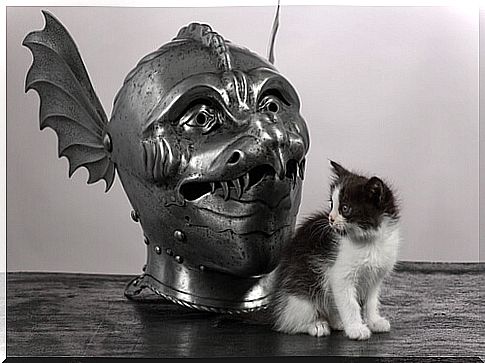
Today, kittens are one of the most popular companion animals in the world. But few species have had such a controversial relationship with man as the cat. From revered gods to symbols of witchcraft: the mythology of the cat has radically changed over the centuries.
In this article, we will talk a little more about cat mythology. We put special focus on feline deities that were worshiped by ancient eastern civilizations.
The mythology of the cat and feline deities
During the Middle Ages, cats, especially those of black color, were associated with supposed witchcraft rituals. For this reason, his image was related to black magic and cats were persecuted for centuries.
These types of stories and legends have generated countless false myths regarding kittens and their possession has taken years to free themselves from the stigma of ‘bad luck’.
However, ancient civilizations have shown great admiration for kittens. In fact, the cat figure used to represent deities worshiped mainly by eastern cultures.
Without a doubt, the Egyptian goddess known as Bastet is the most recognized among all feline deities. But the mythology of the cat also includes other divine representations that occupied a central role in the religion and culture of the Far East.
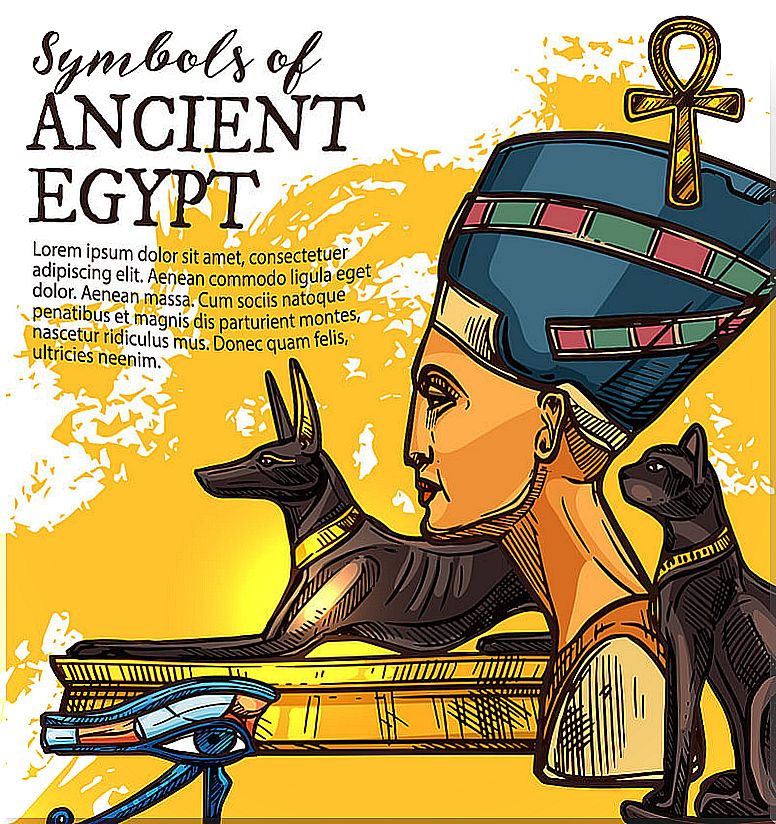
Bastet, the Egyptian goddess of happiness
Representations of the ‘cat goddess’ Bastet, also known as ‘the star Sirius’, were always related to felines. Sometimes, Bastet was represented as a black pussycat, other times a woman’s body and the head of a cat were attributed to her.
The ancient city of Bubastis was consecrated by the cult of the goddess Bastet, and numerous mummified felines have been found there. Cats are supposed to be considered the incarnations of the goddess Bastet herself. For this reason, they were honored after their death with the mummification ritual, to which only the nobles and pharaohs had access.
For the Egyptians, the goddess Bastet was the protector of homes and pregnant women, as she had the power to ward off evil spirits. It was also associated with everything positive in sunlight, such as happiness and harmony.
Because of his great guardian spirit, Bastet had a loving and peaceful side, but he also had a fierce and determined facet, which revealed itself especially in the face of injustices and threats to his protégés; This feline deity was loved, feared, and respected in equal measure.
The mythology of the cat in China and the feline deity Li Shou
The mythology of the cat in China is one of the most fascinating, although it is not as recognized as the Egyptian. One of the Chinese cosmological myths says that after completing the creation of the world, the gods have appointed cats as the divine guardians of order.
The Chinese attributed to the felines the privileged gift of the word, so that they could communicate to them how their creation was. Despite offering such an important function, the gods always surprised cats by having fun or relaxing.
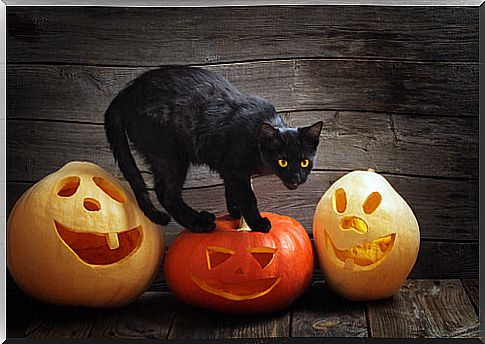
When questioned by the gods, the guardian cats would end up confessing that they were not interested in controlling the order of the world. They would also suggest that this function should be given to humans, as they were hungry for power.
Then, the gift of speech was withdrawn from felines and granted to human beings. But realizing that men understood very little about the divine, the gods forced the cats to become time keepers.
Li Shou was the most popular feline deity in ancient China, associated with the protection of homes and the fertility of the land. Offerings were often given to him to improve crops and avoid weeds.
The bakeneko in Japan and their supernatural powers
Despite not being considered as gods, the Bakeneko make up the mythology of the cat in the Far East. The ancient civilizations of Japan attributed supernatural powers to these cats. Examples include the ability to shapeshift, fly, throw fireballs, and even raise the dead.
Ancient Japanese myths describe the bakeneko as ghost cats or transformists, who were even capable of adopting the human form and joining people. They also exalt feline intelligence, and attribute to cats the gift of reading, writing, walking on two legs and understanding human language.
